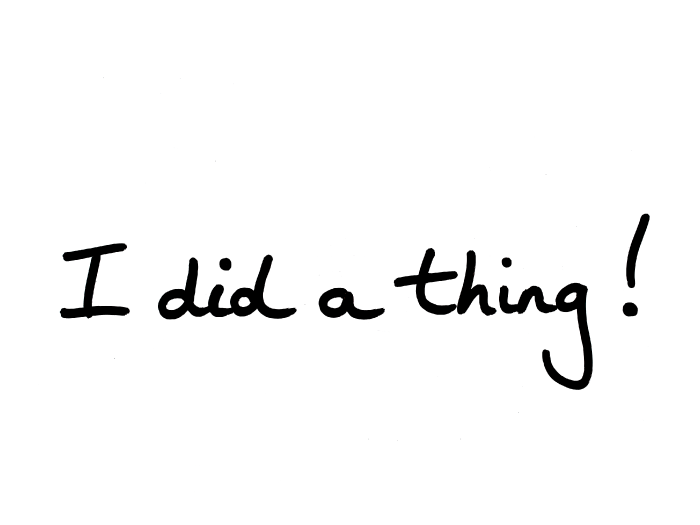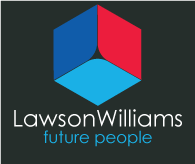There is no “I” in team – except in the Job Interview!
When it comes to the workplace, the adage “there is no ‘I’ in team” is often a principle people live by.
We’re taught to work collaboratively, share successes, and speak in terms of “we” rather than “I.” However, this mindset can become a pitfall during job interviews. There is no I in team – except in the job interview. In interviews, employers are interested in learning about your individual contributions, achievements, and leadership. They want to know what you specifically did that made the team successful, not what “we” as a group accomplished. This is especially true if you’re applying for leadership positions.

Why the ‘We’ trap can harm your interview
When you work as part of a team, it’s natural to talk about the group’s success. However, in a job interview, talking too much about the team and not enough about yourself can be a major drawback.
Employers aren’t interviewing your team; they are interviewing you. They want to know how your individual skills and actions contributed to the overall success of the project.
Falling into the “we” trap may make it hard for an employer to see your unique value, especially if they are trying to differentiate you from other candidates.
For example, if you’re asked about a project that your team worked on, a common response might be: “We worked together to achieve our goals, and we were successful.” But what does that say about you? Absolutely nothing.
Focus on “I” without sounding arrogant
Understandably, many candidates are hesitant to use “I” statements for fear of coming across as boastful or arrogant. Striking the right balance between confidence and humility is key to mastering this technique. When you focus on “I,” it’s not about diminishing the role of the team but rather showcasing your leadership, problem-solving skills, and initiative within the team dynamic.
For example, instead of saying, “We delivered the project on time,” try saying, “I was responsible for coordinating the timeline, which ensured the team delivered the project on time.”
This approach highlights your direct contributions and shows that you played a pivotal role in the success of the project.
Why employers want to know about YOU
At the end of the day, employers are trying to determine what you will bring to their organisation. They want to assess your leadership skills, your ability to handle challenges, and your initiative.
It’s not that they don’t care about your team; they care more about what you as an individual can do. When you’re overly focused on what your team did, the interviewer may wonder if you’re hiding behind the group’s success.
In any job, and especially in leadership roles, they want to hire someone who can take the reins and make decisions. That’s why your ability to articulate your specific contributions is crucial. They want to see how you led, how you solved problems, and how you facilitated success.
How to prepare for team-oriented questions
A great way to prepare for interviews is to think through common team-related questions and plan how you’ll answer them. Instead of giving generic answers, dive deep into your experiences and focus on what you did to contribute to the success of your team.
For instance:
• Question: “Can you tell me about a time when you worked on a team project?”
• Answer: “I led a cross-functional team to develop a new marketing campaign. My role involved organising meetings, ensuring that each team member’s input was valued, and overseeing the project timeline to ensure we met our deadlines. I was particularly proud of how I managed to mediate between departments when conflicting priorities arose, allowing us to stay on track.”
In this example, you’re talking about teamwork but focusing on your leadership role and your ability to manage team dynamics.
When you’re not in a leadership role
Even if you aren’t applying for a leadership position, it’s still essential to emphasise what you personally contributed to the team. In non-leadership roles, the focus may be less on leading others and more on how you take initiative, solve problems, or provide valuable skills to the team. Employers want to know what specific skills you bring to the table and how you can help their organisation succeed.
For example, if you’re a software developer applying for a role, you might say: “As part of a team working on a major update, I took the lead on designing and implementing the new user interface. My attention to detail and understanding of user experience helped improve our product’s usability, leading to positive feedback from users.”

Practice makes perfect
Mastering the balance between “I” and “we” in interviews takes practice.
A great way to ensure you’re avoiding the “we” trap is to rehearse your answers with a friend, mentor, or career coach. They can give you feedback on how well you’re highlighting your contributions and provide suggestions on how to improve. The more you practice, the more naturally these answers will flow during the interview.
Common pitfalls to avoid
• Being overly humble: While it’s important not to come across as arrogant, being too modest can backfire. Avoid downplaying your contributions or letting the team take all the credit.
• Overusing “I”: While the focus should be on you, overuse of “I” can make you seem self-centered. Make sure to acknowledge the team’s efforts while making your individual role clear.
• Vague answers: Make sure your examples are detailed and specific. Avoid giving vague or generic responses that don’t provide the interviewer with a clear picture of your contributions.
Conclusion
In a job interview, it’s crucial to highlight your individual contributions without getting caught in the “we” trap. Employers want to know what you, specifically, bring to the table. By focusing on your achievements, backing them up with metrics, and striking the right balance between confidence and collaboration, you’ll be able to demonstrate your value and set yourself apart from the competition. Remember, there’s no “I” in team, but when it comes to job interviews, employers want to hear about you.
If you are looking for a new team – visit our Jobs page
Contact us for more information.
Visit Interview Skills to improve your job search performance.
